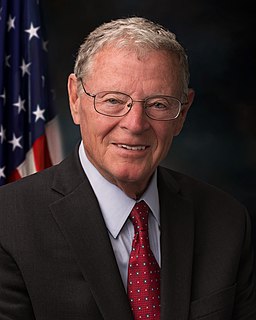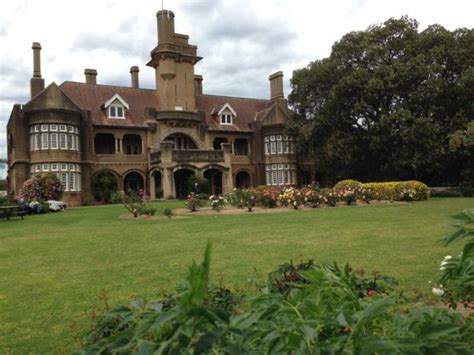A Quote by Sharan Burrow
Climate impacts hit working people first, and with extreme weather events, changing seasons, and rising sea levels, whole communities stand on the front lines.
Related Quotes
We now know that we cannot continue to put ever-increasing amounts of CO2 into the atmosphere. Actions have consequences. In fact, the consequences of past actions are already in the pipeline. Global temperatures are rising. Glaciers are melting. Sea levels are rising. Extreme weather events are multiplying.
My sense is that the most under-appreciated-and perhaps most under-researched-linkages between forests and food security are the roles that forest-based ecosystem services play in underpinning sustainable agricultural production. Forests regulate hydrological services including the quantity, quality, and timing of water available for irrigation. Forest-based bats and bees pollinate crops. Forests mitigate impacts of climate change and extreme weather events at the landscape scale.





































